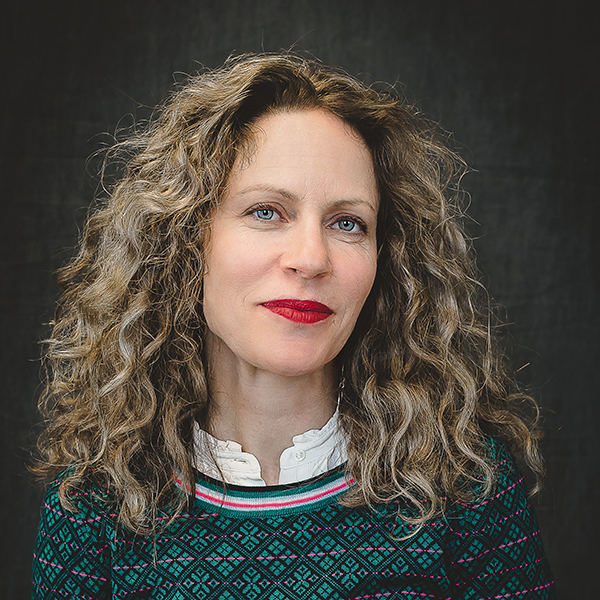“The concept of a sustainable food brand is very broad,” said Linda Appel Lipsius, co-founder of Teatulia Organic Teas, during an SFA webinar, Thursday. Teatulia is a tea company that sources organic and regeneratively-grown tea from its 3,000-acre farm in Northern Bangladesh. Since its founding in 2000, the company has been grounded in sustainability principles.
“When Teatulia was founded, that was the first time there was a tea company vertically integrated. We are the farmer, and we are the brand,” said Lipsius.
Since there is no official definition, Lipsius shared the attributes she believes make up a sustainable food brand, as well as the benefits and challenges of being sustainably-focused.
A sustainable food brand should have the following elements: a product that contains healthier-for-you ingredients that is sourced in a lower-than-usual impact way and packaged with more recyclable or less harmful materials. The brand should promote or suggest a healthier lifestyle and the sourced ingredients should ideally be regenerative. In addition, sustainable brands can apply for a variety of third-party certifications that validate their strategies.
“Being a sustainable brand is about rebuilding and regenerating in cultivation and production,” said Lipsius.
There are myriad benefits of becoming a sustainable brand. “Using business as a force for good just makes sense philosophically,” said Lipsius. In addition, premium positioning allows for a higher value price point, making sustainability pragmatic for business as well as the planet.
Sustainable branding also helps brands to differentiate themselves from the competition in a crowded category and engage with consumers in a more meaningful way, according to Lipsius. It also makes companies more desirable acquisition targets. “Some of the bigger companies will look at a company that does sustainability well and then acquire it for its portfolio,” she said.
There is also a very high level of industry support for sustainable brands. “True believer” consumers are loyal and retailers are receptive to brands that have high touch marketing tactics like sustainable claims. Industry trade groups and trade shows also provide support for sustainable makers.
However, there are several challenges associated with being or becoming more sustainable. The first is that being sustainable is just plainly, more work. “You’ll often have a few extra steps to find or get your product and make sure it meets your standards. You have to be more rigorous about your supply chain,” said Lipsius.
Sustainable brands also tend to have a smaller audience, especially when first starting out. In addition, on both the retail and brand side, the industry is small and fragmented, meaning the category is crowded and competition is fierce.
Lipsius also warns of companies getting too bogged down in sustainability targets that they lose sight of their ultimate business goals. “You don’t want to sell a product you can’t afford to make, or limit your customer base too much,” she said.
Still, even with the challenges, Lipsius sees a huge opportunity for sustainable brands to grow in the coming years. Citing U.S. organic food sales growth from 2010 to 2019, she noted, “Organic sales growth, while smaller, is outpacing the category and is helping to drive total food growth. It’s positive and it’s adding positive value to the category.”
Related: Linda Appel Lipsius, Teatulia Organic Teas, Wins 2021 Leadership Award for Vision; Retailers Diversify Shelves with Black-Owned Brands.

